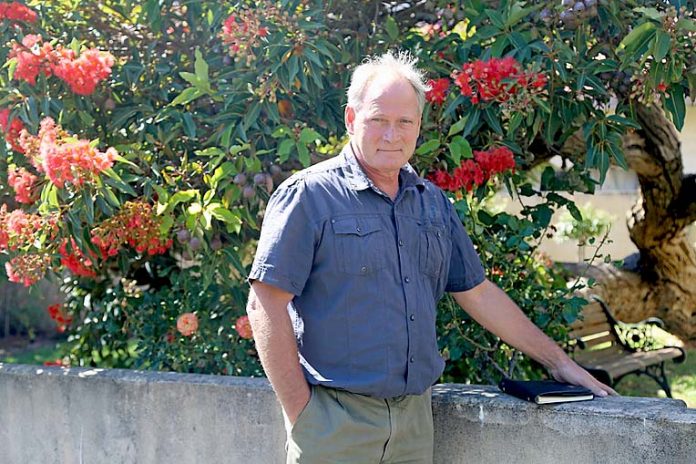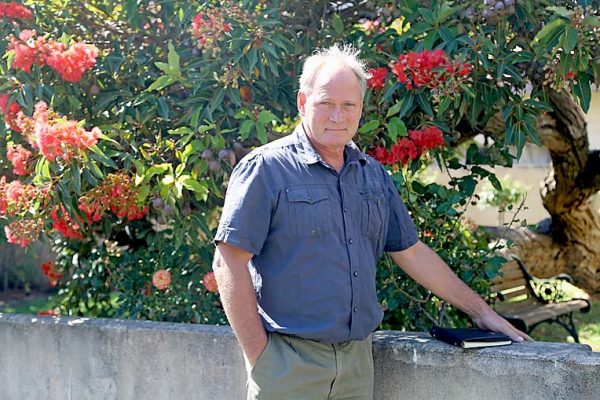

REGIONAL road infrastructure, boosting mental illness facilities and water security are among independent candidate Jon Ey’s priorities for the seat of MacKillop.
The state election candidate recently released a policy document that outlines a number of priorities across a range of portfolios, including roads, health, the environment, energy and tourism.
Mr Ey said he would lobby state and federal governments for increased regional roads maintenance funding if elected to parliament.
“Regional roads have deteriorated significantly in recent years,” he said.
“Repair of the damage has been patchy and more funds need to be allocated to keep our roads safe.
“In addition, I will secure the funding to establish several more passing lanes between Millicent
and Tailem Bend.
“Wire safety barriers and shoulder widening will also be prioritised to make the Southern Ocean Drive and Riddoch Highway safer.”
The Coonawarra local threw his support behind renewable energy projects and subsidising the cost of battery storage as well as pledging to deliver a sustainable water security plan for regional consumers.
Mr Ey indicated he would lobby the Federal Government to tighten Australia’s anti-dumping laws and level the playing field for local businesses competing against unfair international trade.
He added he would push for further reforms to the origin of food labelling, which become mandatory on July 1 after a two-year roll out, to increase transparency.
Mr Ey said the current labelling, which makes consumers aware of the percentage of a product that is grown or manufactured in Australia, was not effective.
“Generally people do want to buy Australian and locally made products, but the country of origin labelling is not easy to find,” he said.
“At the moment, the country of origin labelling is hidden in a triangle anywhere on the label.
“The label should be prominent and make sure people have no misconception the product is made or produced in Australia.
“We also have to fix the problem locally and encourage a buy local campaign.
“There are a lot of ways locally made products can be marketed, whether it is at the store level at the point of sale, shelf labelling or a wider campaign.”
Mr Ey said he would push for Australian made products to have top priority in government procurement tenders to support local industries.
“The government used to only buy Holden, but then they started buying other brands of cars,” he said.
“I think governments should lead by example and use Australian products.
“That should come across all government whether it be Australian wines in Government House or Kimberly-Clark products in their toilets.
“You cannot put out a buy Australian message to the public and use Chinese products in the party room.”
Mr Ey said greater investment in tourism a targeted marketing campaign was essential to boost the profile of the South East.
“We have a lot of brilliant sites in MacKillop like the wineries and the coasts, but we’re not promoted like the Barossa and Clare valleys and the Adelaide Hills,” he said.
“I do not think we get a lot of publicity and attention from the State Government, so I would work closely with Tourism SA to raise the profile of the South East.
“Another group we should be targeting are the people travelling to Melbourne via Adelaide through the Coorong or the Riddoch Highway.
“For that, we need better roads so people are not putting their safety at risk.”







